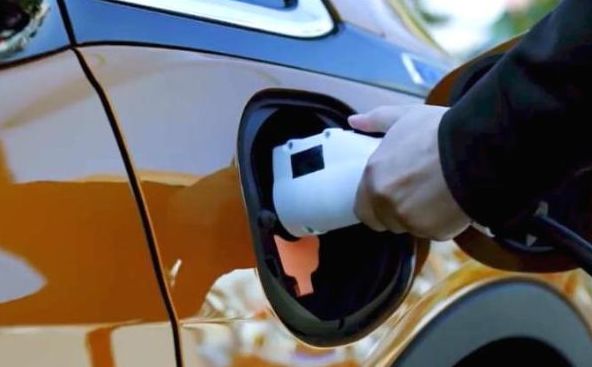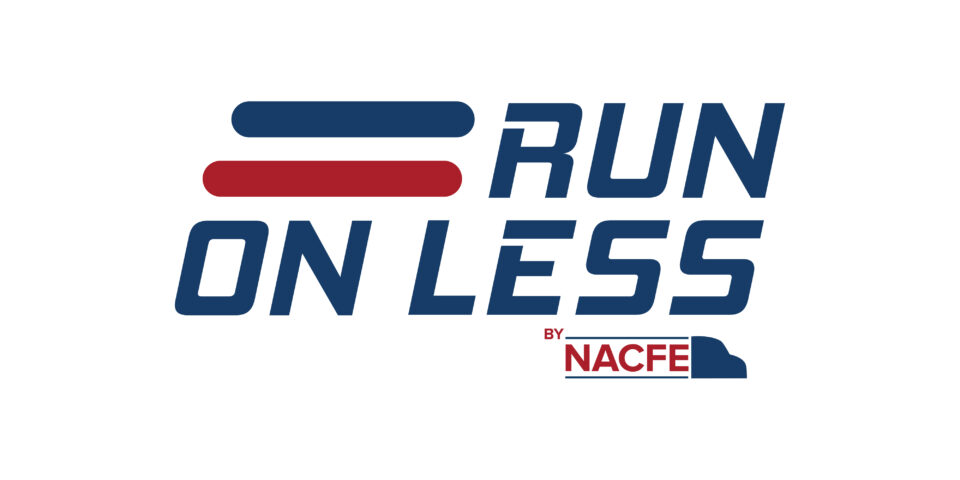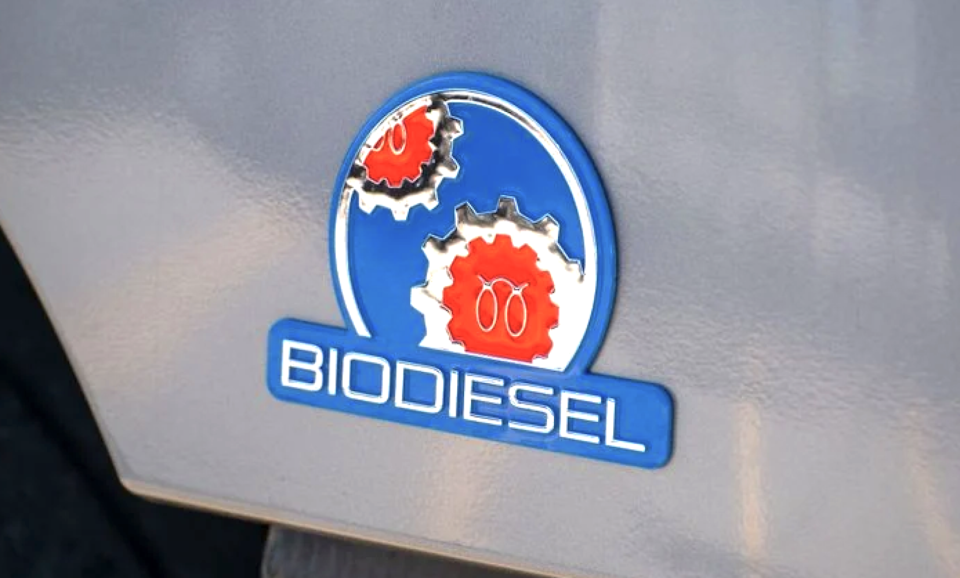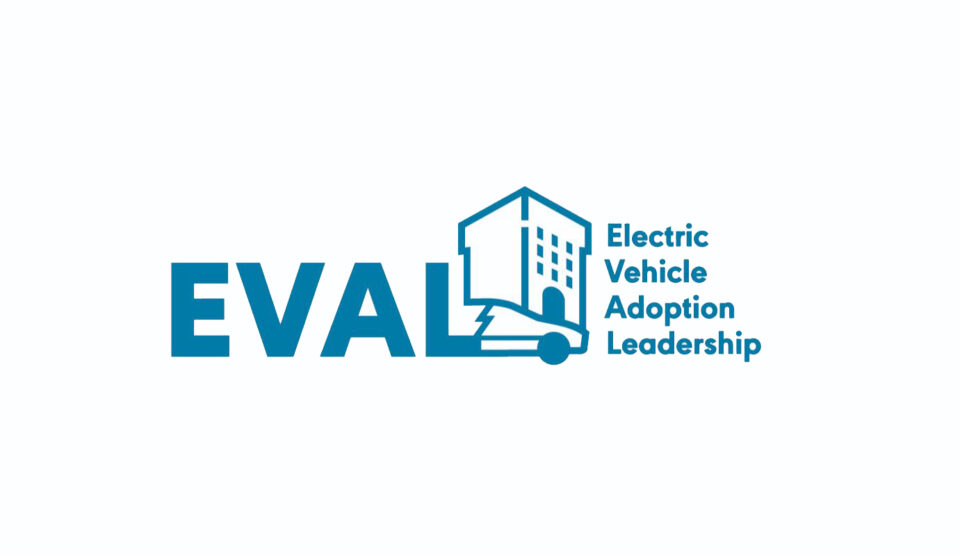Federal Highway Administration Proposes National EV Charging Network Standards

In keeping with President Biden’s commitment to jumpstart the construction of a national network of 500,000 electric vehicle (EV) chargers by 2030, the U.S. Department of Transportation’s Federal Highway Administration has released a Notice of Proposed Rulemaking (NPRM) on proposed minimum standards and requirements for projects funded under the National Electric Vehicle Infrastructure (NEVI) Formula Program.
These minimum standards will help ensure our national EV charging network is user-friendly, reliable and accessible to all Americans, and interoperable between different charging companies, with similar payment systems, pricing information, charging speeds, and more.
 The proposed rule would establish the groundwork for states to build federally funded charging station projects across a national EV charging network, an important step towards making EV charging accessible to all Americans. No matter what kind of EV a user drives, what state they charge in or what charging company they plug into, the minimum standards will ensure a unified network of chargers with similar payment systems, pricing information, charging speeds and more. The standards also establish strong workforce requirements for installation, maintenance and operations to increase the safety and reliability of charging station function and use, and create and support good-paying, highly-skilled jobs in communities across the country.
The proposed rule would establish the groundwork for states to build federally funded charging station projects across a national EV charging network, an important step towards making EV charging accessible to all Americans. No matter what kind of EV a user drives, what state they charge in or what charging company they plug into, the minimum standards will ensure a unified network of chargers with similar payment systems, pricing information, charging speeds and more. The standards also establish strong workforce requirements for installation, maintenance and operations to increase the safety and reliability of charging station function and use, and create and support good-paying, highly-skilled jobs in communities across the country.
This news follows the announcement earlier this year of nearly $5 billion that will be made available to states over the next five years under the new NEVI Formula Program, established by President Biden’s Bipartisan Infrastructure Law, to build out a national EV charging network.
“To support the transition to electric vehicles, we must build a national charging network that makes finding a charge as easy as filling up at a gas station,” states U.S. Transportation Secretary Pete Buttigieg. “These new ground rules will help create a network of EV chargers across the country that are convenient, affordable, reliable and accessible for all Americans.”
“President Biden’s Bipartisan Infrastructure Law provides states with both the funding and framework to build out a reliable charging network that gives more people the confidence they need to buy and use electric vehicles to travel from coast to coast and in every state in between” comments Deputy Federal Highway Administrator Stephanie Pollack. “This is a foundational step that will provide EV drivers with predictable access to reliable electric vehicle charging access across the United States.”
The proposed requirements will help states as they develop their EV deployment plans in concert with the Joint Office of Energy and Transportation, which was established by the Bipartisan Infrastructure Law and is providing direct technical assistance and support to help states with the $5 billion National Electric Vehicle Infrastructure program.




